The FDA has approved Guardant Health’s Shield blood test for colon cancer screening. This test offers an alternative to traditional colonoscopies.
It detects cancerous DNA in the bloodstream with 83% effectiveness. The approval marks a significant advancement in cancer screening technology.
Did you know? Colorectal cancer is the second-leading cause of cancer death in the US.
Shield Test: A More Accessible Screening Option

Shield was previously available for $895. FDA approval likely means Medicare and private insurers will cover it. This could make the test more accessible to a wider population.
Increased accessibility may lead to higher screening rates. How much will insurance coverage improve screening rates?
Colorectal Cancer: A Preventable Deadly Disease
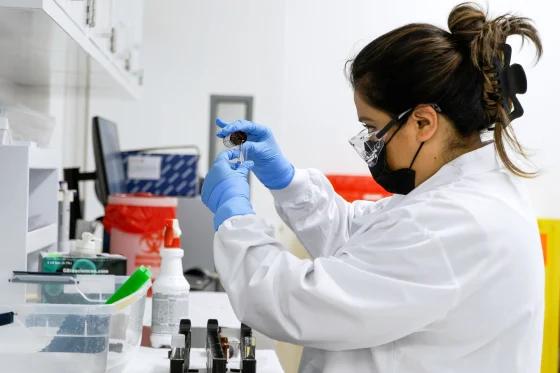
The American Cancer Society estimates over 53,000 colorectal cancer deaths this year. Colorectal cancer rates in people under 55 have been rising 1-2% annually since the mid-1990s.
However, cases and deaths among those 60 and older are declining. Regular screening can prevent many of these deaths.
Did you know? Colorectal cancer is one of the most preventable forms of cancer with regular screening.
Shield’s Effectiveness and Limitations Explained
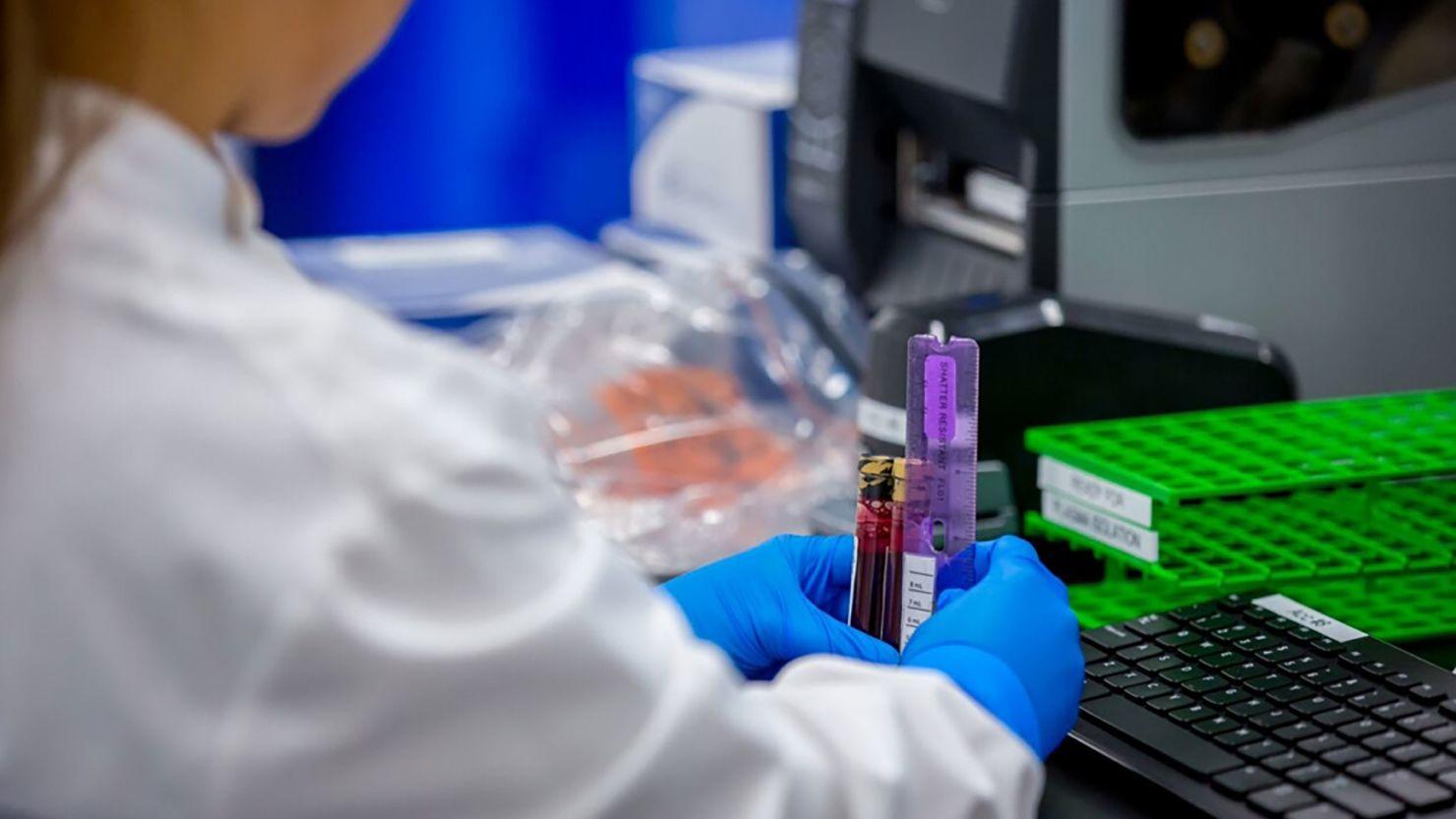
Shield is 83% effective at detecting colorectal cancers. It performs best at identifying later-stage cancers. The test only detects 13% of earlier-stage polyps.
Doctors recommend administering the test every three years starting at age 45. Will future versions of the test improve early-stage detection?
Positive Shield Test Requires Follow-Up Colonoscopy
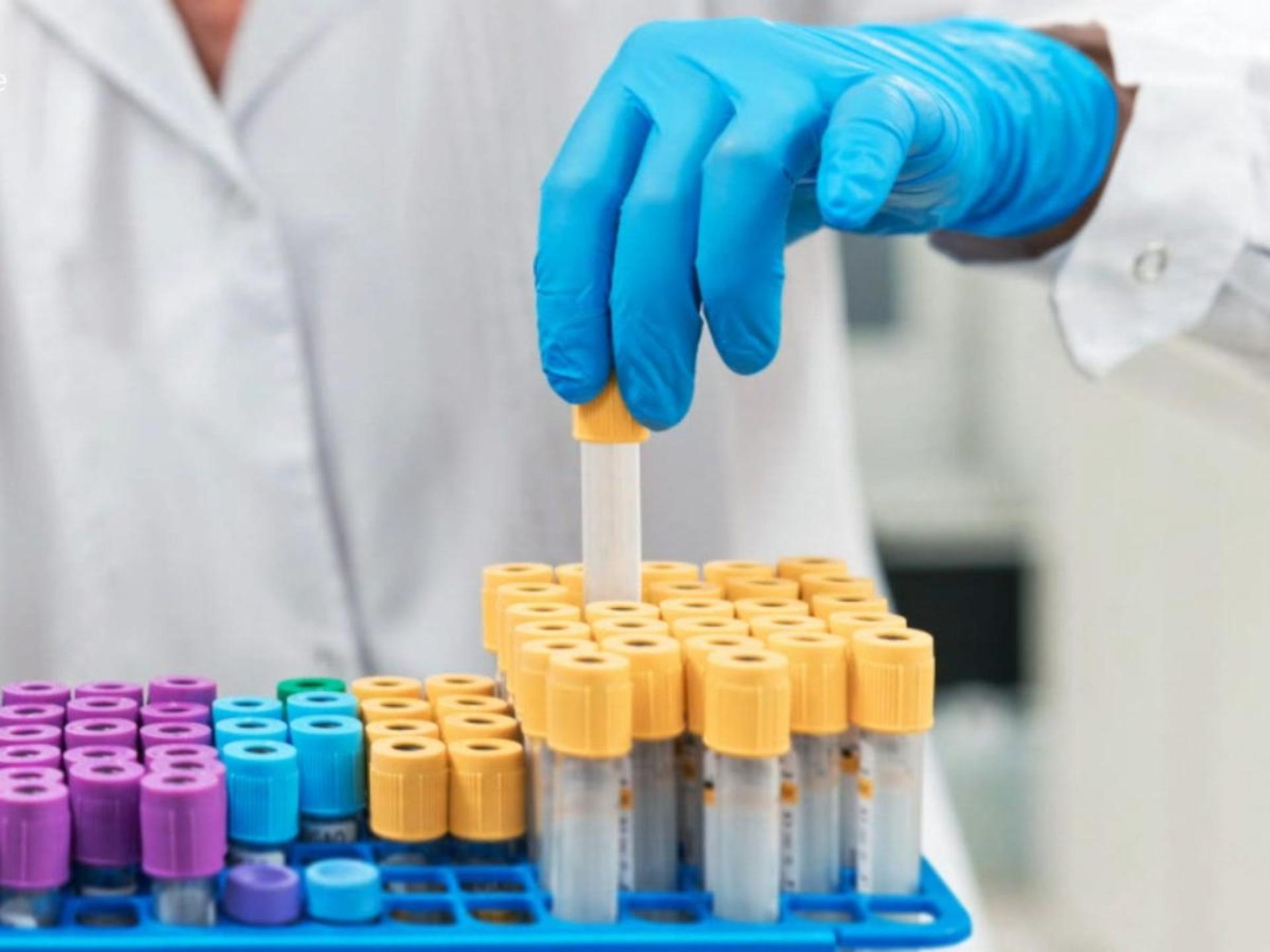
A positive Shield test is not a definitive diagnosis. Patients with positive results still need a colonoscopy. The colonoscopy locates and assesses tumor progression.
This two-step process ensures accurate diagnosis and treatment.
Did you know? Colonoscopies can detect and remove precancerous polyps, preventing cancer development.
Second FDA-Approved Blood Test for Colorectal Cancer
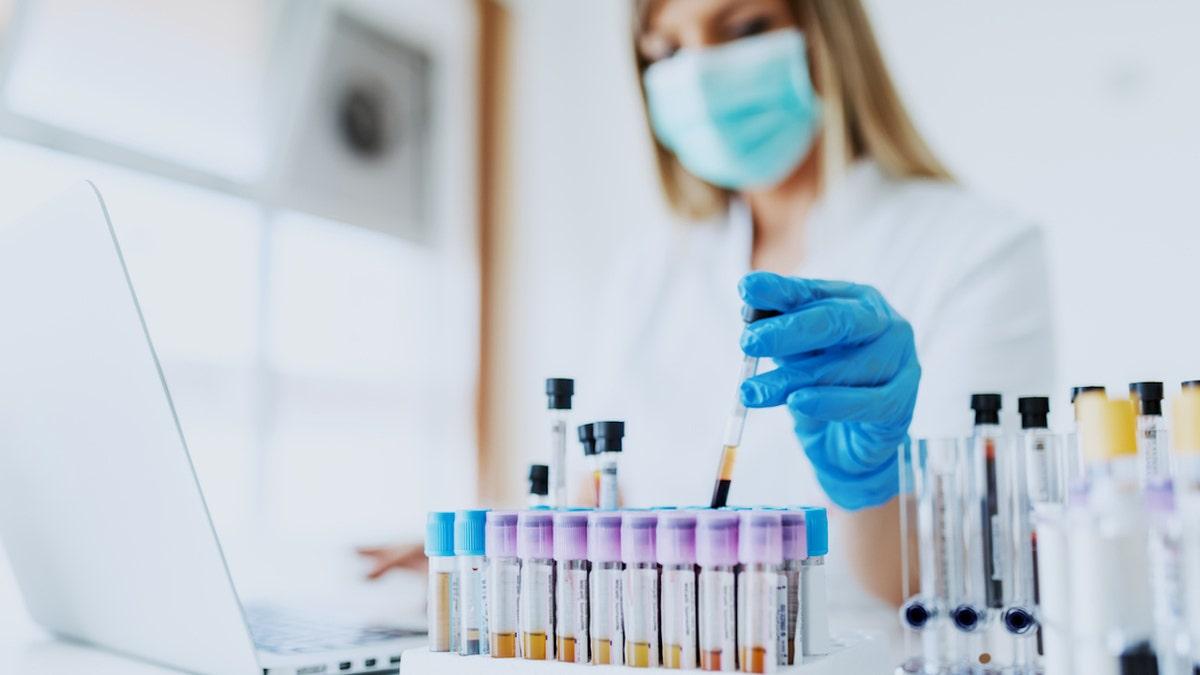
Shield is the second blood test for colon cancer screening. The first, Epi proColon, was approved in 2016. Epi proColon is rarely used due to accuracy concerns.
It lacks coverage from Medicare and private insurance. Will Shield face similar adoption challenges as Epi proColon?
Rising Colorectal Cancer Rates Among Younger Adults
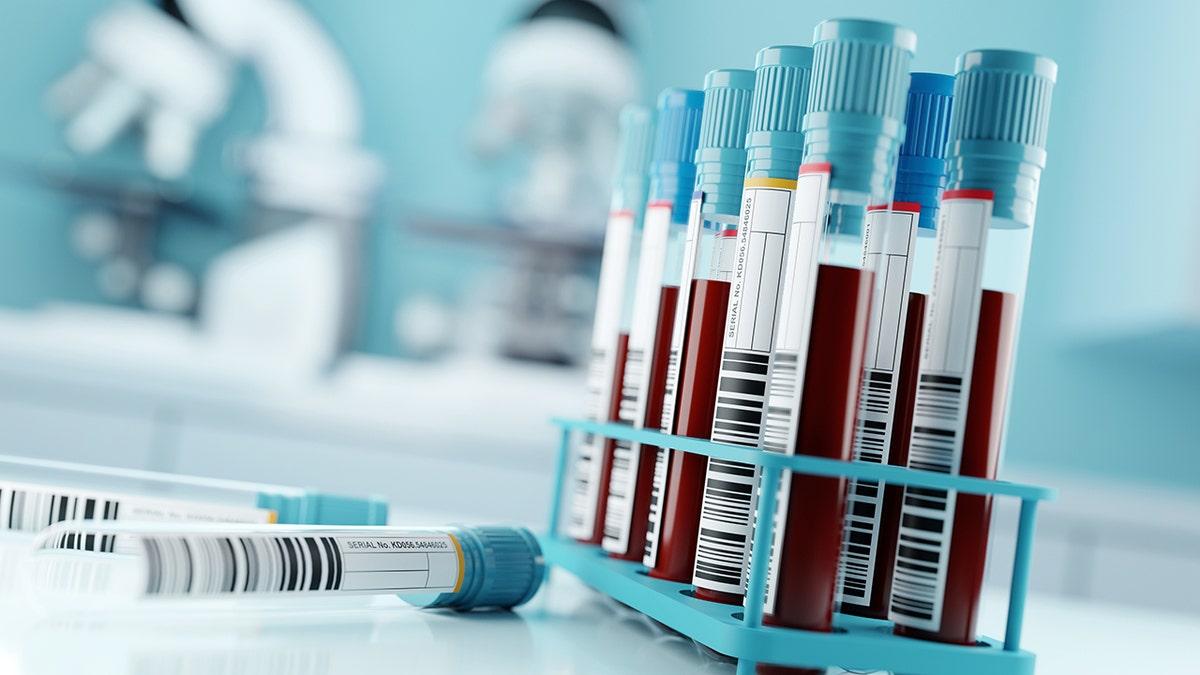
Colorectal cancer rates in people under 55 are increasing. This trend has persisted since the mid-1990s. The reasons for this increase remain unclear.
This rise emphasizes the importance of early screening.
Did you know? The American Cancer Society lowered the recommended screening age from 50 to 45 in 2018.
Low Screening Rates Despite Preventability
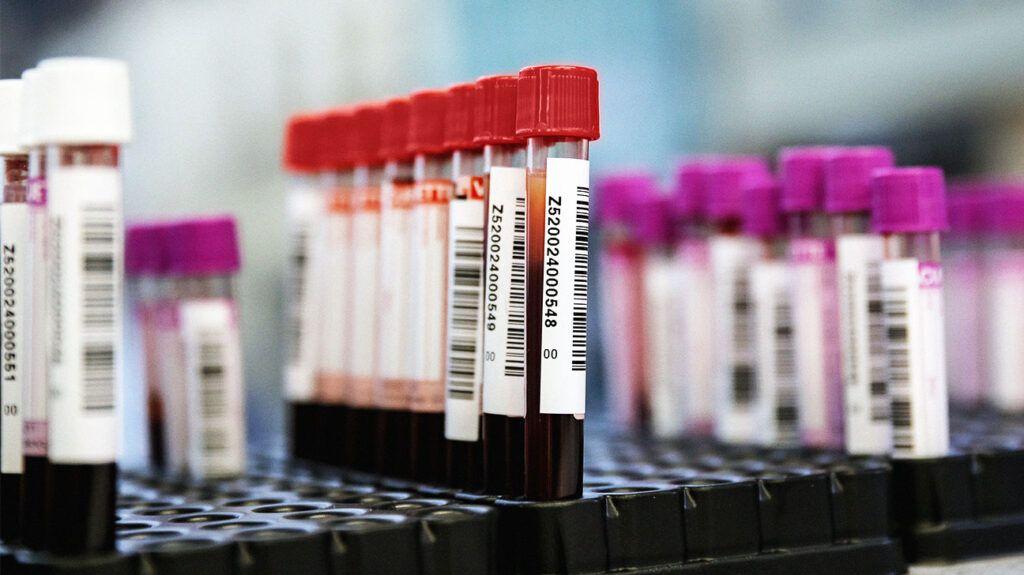
Fewer than 60% of eligible people undergo recommended screening. Work and family responsibilities often interfere with screening compliance.
Adults in their 40s and 50s are least likely to comply. Increased screening could significantly reduce colorectal cancer deaths.
How can healthcare providers improve screening compliance?
Blood Test: A Preferred Alternative for Many
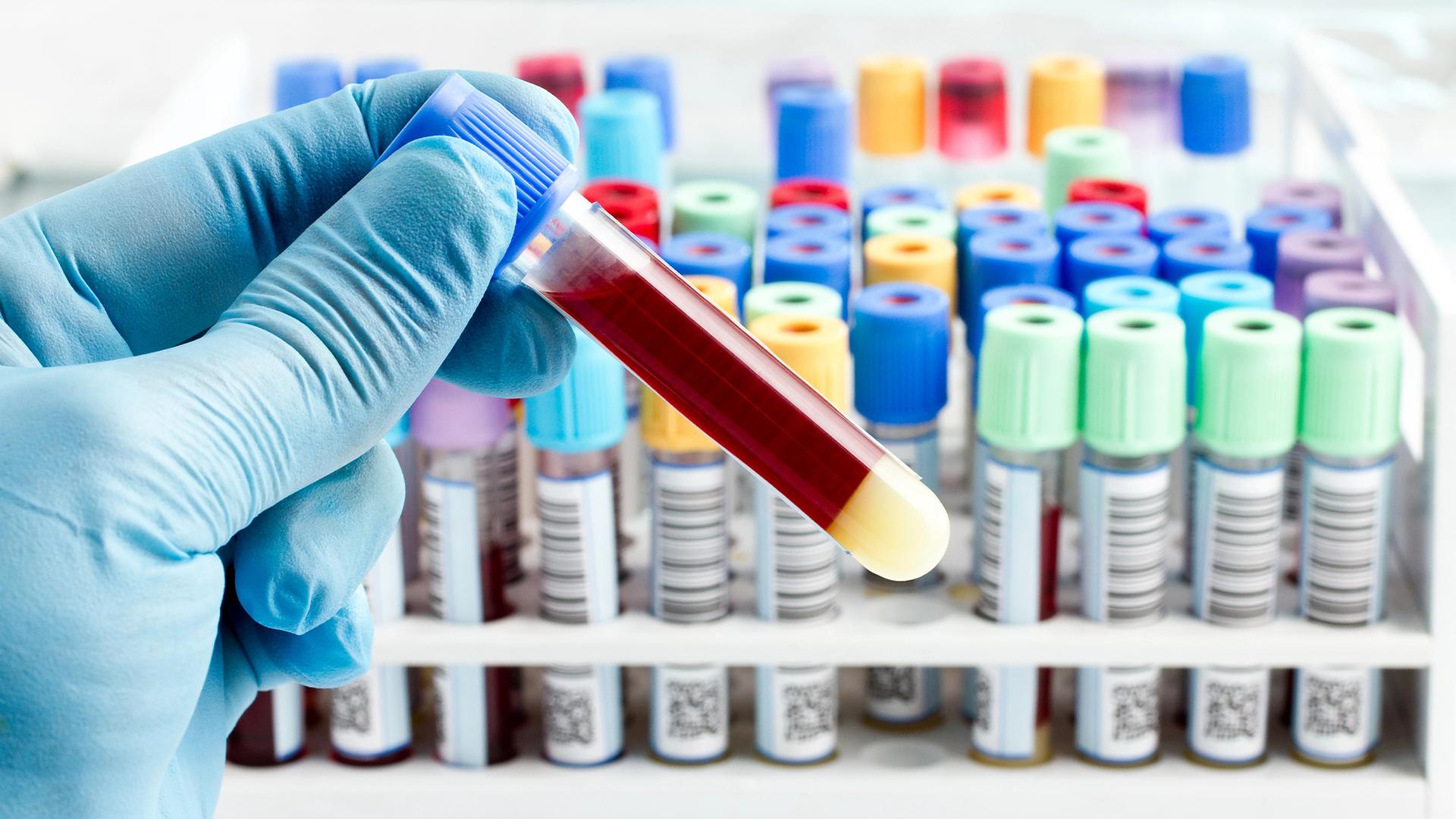
Many people dislike the colonoscopy preparation process. Some find stool-based tests unpleasant. A blood test offers a less invasive alternative.
This option may increase screening rates among reluctant individuals.
Did you know? The colonoscopy prep process typically involves a clear liquid diet and laxatives.
Other Screening Methods and Their Effectiveness

Fecal occult blood tests detect blood in stool. FIT-DNA tests like Cologuard effectively detect cancer. These tests are less effective at identifying precancerous polyps.
Each method has its own strengths and limitations. How will Shield compare to these existing methods in real-world use?


